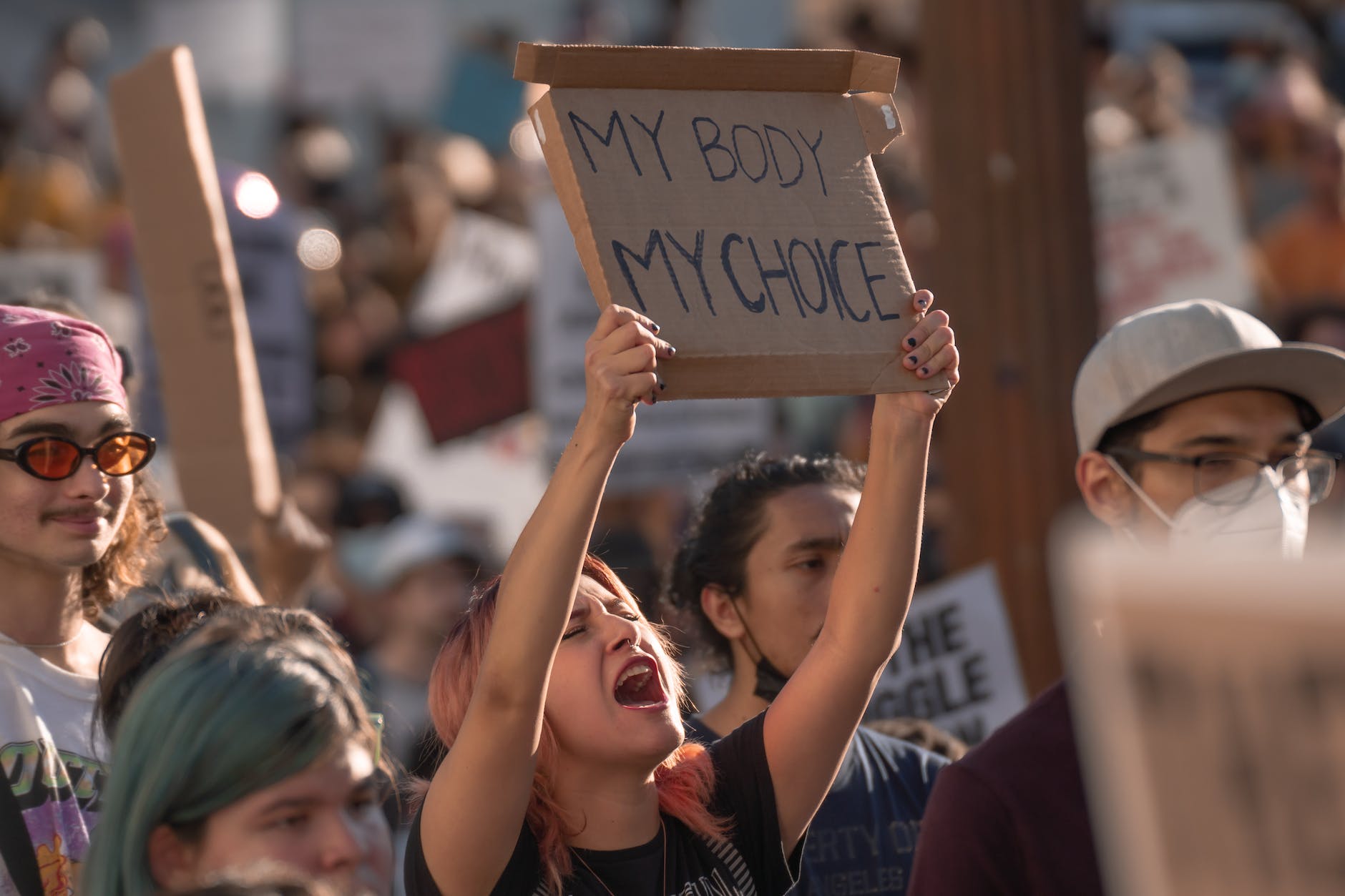For the next three weeks, Catholic bishops and lay people are meeting in Rome for a major assembly that will see 365 delegates discuss how the Catholic church can be more inclusive. The closed-door synod will delve into some of the hot-button issues facing the church, from the role of women to priestly celibacy and the blessing of gay couples. The meetings will end with a vote on specific proposals that are then put to the pope for his consideration in the coming years.
Pope Francis’ supporters consider the multiyear meeting, the so-called Synod on Synodality, to be the potential culmination of his decade-long papacy and a vehicle through which he may bring about great change. The gathering at the Vatican, which for the first time will include and give a vote to laypeople — including women — is central to Francis’s bottom-up view of the church. The pope envisions an inclusive institution that upends the traditional hierarchy and forces bishops to listen to and work with their flock more, according to the New York Times.
In recent weeks some bishops from countries like Australia, Belgium and the Dominican Republic have been pleading for an end to obligatory celibacy for priests. The Amazon region synod has already recommended to the Pope with a two-thirds majority to ordain married deacons as priests in order to enable more services to be held in the vast region.
Women ordination
Another important topic is the involvement of women. A seventh of all votes in the synod will come from women. While women are vital to much of the church’s work, from teaching in Catholic schools to staffing Catholic hospitals, the church continues to bar them from becoming priests or accessing the highest ranks of power. Catholic women’s groups have seized on the opening, organising events that range from prayer vigils to marches outside the synod in an attempt to tackle what they describe as the second-class status of women in the church.
“Women want to be equal. And so I hope that the diaconate is one step for us. It’s an incomplete step. Surely we are working for gender equality, opening all ordained ministries to women,” said Kate McElwee, executive director of the Women’s Ordination Conference., arguing that allowing women to become priests or deacons would help with the shortage of pastoral leaders.
On LGBTQ+ issues, the liberal German church as been pushing for blessing of gay marries and while Pope Francis in a July letter reaffirmed that “the Church has a very clear understanding of marriage: an exclusive, stable, and indissoluble union between a man and a woman, naturally open to procreation,” he, however, advocated for “pastoral charity.”
“The defense of objective truth is not the only expression of this charity; it also includes kindness, patience, understanding, tenderness and encouragement. Therefore, we cannot be judges who only deny, reject and exclude,” he said, according to Vatican News. He added that “pastoral prudence must adequately discern whether there are forms of blessing, requested by one or more persons, that do not convey a mistaken concept of marriage.”
Opposition
Conservative Catholics accuse Francis of pushing forward an agenda that is more political and human than ecclesiastical and divine at the gathering.
American Cardinal Raymond Burke at a conference in Rome entitled “The Synodal Babel” said his doubts about the assembly of the Synod of Bishops flow from a desire to protect the church and its teachings. “Bishops and cardinals today need much courage to confront the grave errors that are coming from within the church itself,” Cardinal Burke said. “The sheep depend on the courage of the shepherds who must protect them from the poison of confusion, error and division.”
The Kenyan delegation represented by Kenya Conference of Catholic Bishops chair Archbishop Martin Kivuva and Nyeri Archbishop Antony Muheria says concerns from Kenya include issues on marriage, accessibility of priests, inclusion of persons with disabilities, support for youth, financial accountability and transparency, according to The Standard newspaper.
Catholic faithful raised concern over support of the institution of marriage noting there was an emphasis on failure as opposed to guidance for young couples, newlyweds, couples living with disabilities, and couples with young children.
“We received feedback that the church should focus on supporting families especially those in difficult marriages as opposed to telling them to keep off divorce,” Muheria is quoted by The Standard as saying.
Muheria said faithfulness and fidelity were also key concerns raised by Catholics who noted that polygamy was becoming more rampant in society.
Kenyan Catholics also stated that they wanted priests to be more humane and commune with their congregants without imposing unreasonable conditions to offer sacraments.
“The faithful want priests to be accessible and available during funerals, baptisms and weddings without conditions that hinder them from giving sacraments,” The Standard reports.
Muheria noted the church is working to give hope to single parents that there is room for inclusion and acceptance.
“We need to cultivate a sense of inclusion for the people who have been left out in society such as persons living with disability, youth who are struggling with addiction and single parents,” he said.
He noted that above all the church was creating a space for forgiveness, inclusivity and hope for all who have previously been left out.
Sources: The Guardian, New York Times, Standardmedia, KPax, AbcNews, Vatican News



